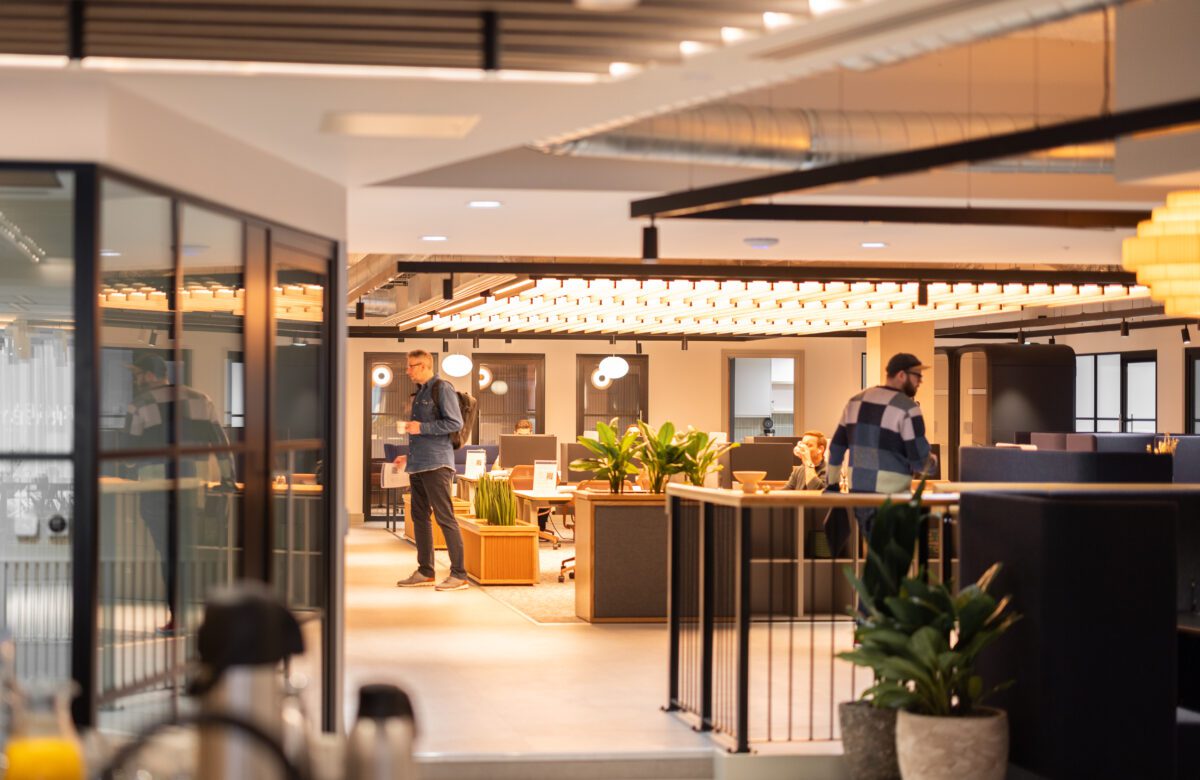Supporting staff with their work-life balance

In today’s evolving and hybrid workplace, supporting employees in achieving a healthy work-life balance cannot be overstated. As employers face growing demands for greater flexibility and well-being support, the challenge lies in designing environments that are not only productive but also sustainable for their people.
Flexible Working
Addressing this issue is not simply a moral imperative but a strategic one. According to a study by the CIPD, 71% of employees now consider flexible working essential when considering a new role. As a result, forward-thinking organisations are taking a fresh look at how work is done to meet these expectations while still delivering on business goals.
Flexible working arrangements are increasingly central to this approach. Offering employees the choice to work remotely, adopt flexible start and finish times, or explore compressed working weeks helps them better manage their responsibilities outside of work.
Research from the University of Warwick has shown that happy employees are up to 12% more productive, and flexibility plays a significant role in that happiness. Furthermore, companies that embrace flexible practices often see improvements in recruitment, retention, absenteeism, and financial performance.
Wellness
Alongside flexibility, the role of wellness programmes has grown significantly. Mental health support, access to counselling, and activities such as yoga or mindfulness sessions are now becoming workplace staples. These initiatives are not only beneficial for employees’ well-being but also for employers.
A 2022 Deloitte report found that poor mental health among employees costs UK employers up to £56 billion annually. Wellness programmes that tackle stress and promote better health can mitigate these losses, reducing burnout and fostering a more engaged workforce.
Technology
Technology is another essential tool in supporting balance. Time management applications, AI-powered automation and collaboration tools help employees streamline repetitive tasks, freeing up time for more meaningful work. Remote working technologies have also made it easier for staff to work flexibly, with a study by Owl Labs showing that 62% of employees felt more productive when working remotely.
The digital workplace must be carefully managed. Employers should communicate expectations around digital boundaries to ensure staff can genuinely switch off outside of working hours. Normalising ‘clocking off’ is vital to preventing digital burnout and protecting mental health.
Workplace Culture
Creating a supportive workplace culture remains one of the most enduring and effective strategies. Encouraging open dialogue, providing access to resources like employee assistance programmes, and showing genuine consideration for individual circumstances helps foster a sense of psychological safety and inclusion.
WorkWell Offices provides an example of how these principles can be embedded into the very infrastructure of a workplace. By designing flexible office spaces that prioritise wellness and collaboration, WorkWell also promotes an environment where employees can be both productive and comfortable. Their spaces include wellness rooms, breakout zones, ergonomic workstations, and onsite classes to improve mental and physical health. The holistic approach to workplace design reflects a broader commitment to supporting the well-being of the people who use their spaces, recognising that wellness is not a perk, but a necessity.
Finally, the importance of continuous review cannot be overlooked. Policies should be regularly assessed and adapted to employee feedback and changing societal norms. Recognition also plays a crucial role in reinforcing positive behaviours. Acknowledging teams or individuals who model good work-life balance sets a tone from the top that well-being matters.
Supporting employees to achieve a better balance is no longer a niche concern but a core business function. When organisations invest thoughtfully in flexible policies, workplace wellness, and inclusive cultures, they are investing in the resilience and future success of their workforce.
